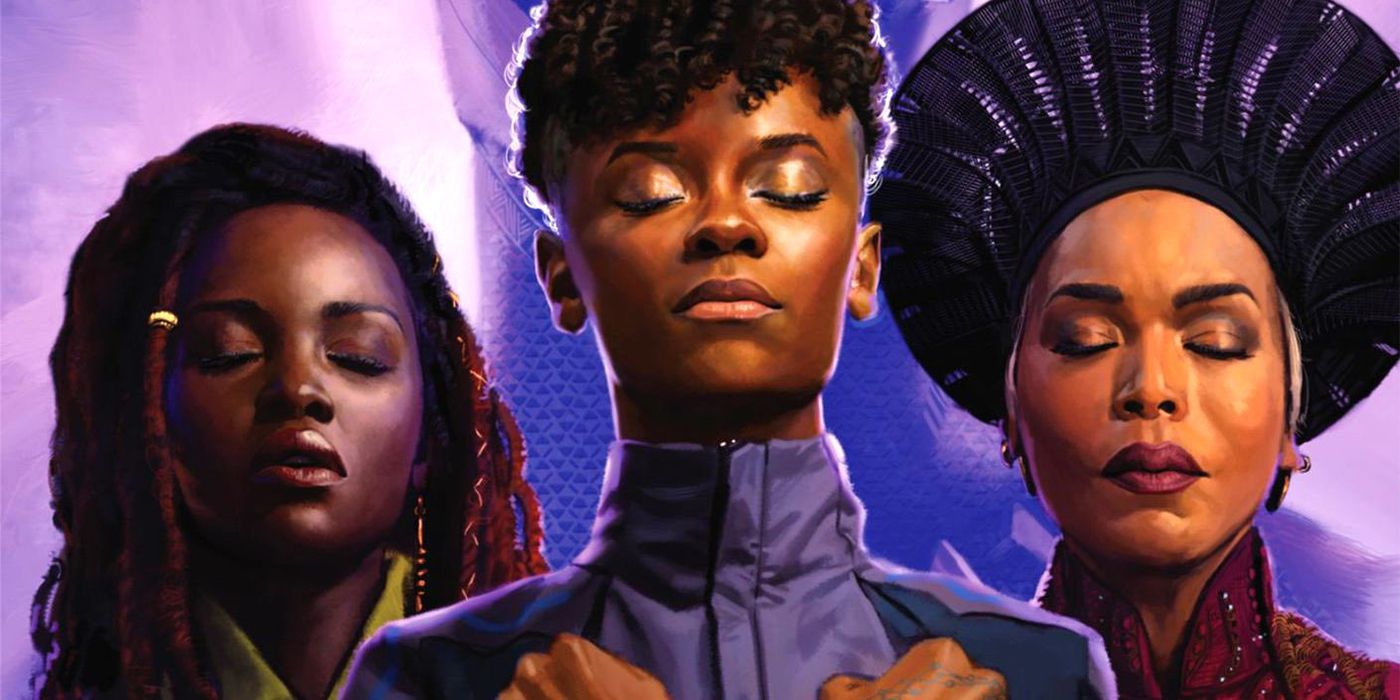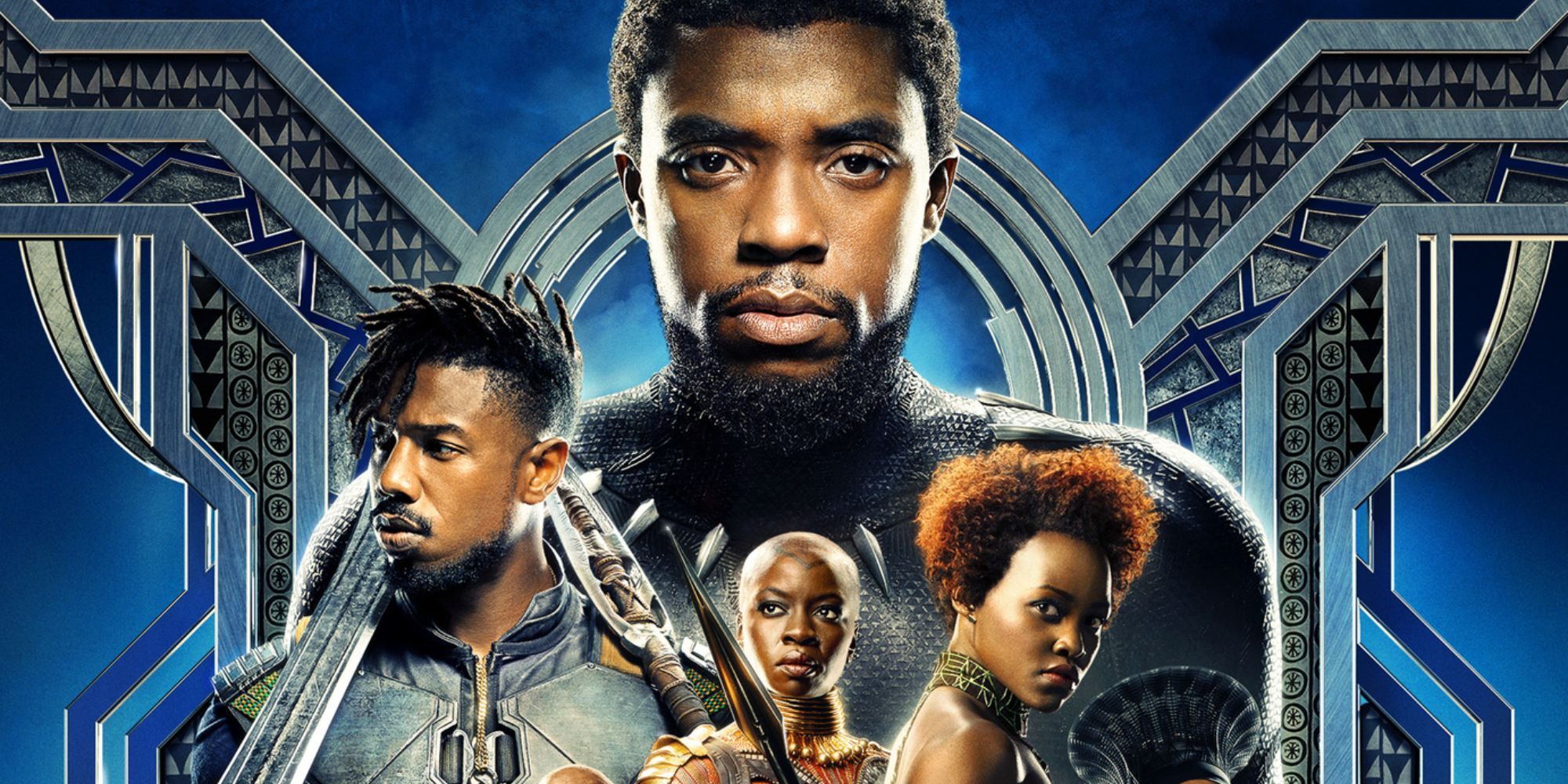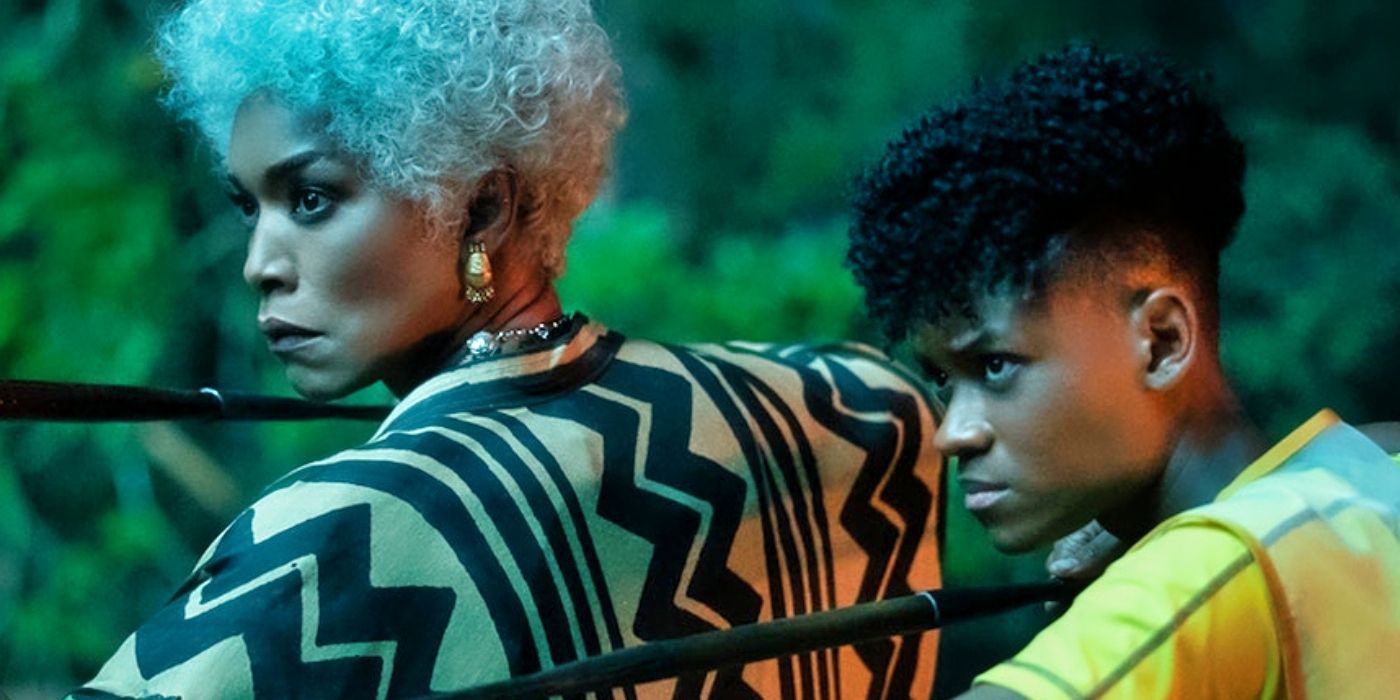Following the loss of actor Chadwick Boseman, fans have watched the production of Black Panther: Wakanda Forever adamantly as it's hard to imagine the cast and crew making a film without their title star. Nevertheless, the creators have used their strength to offer a unique entry in the franchise that is representative of growth and change and overcoming adversity and loss. In a way, it honors Boseman's legacy and also shows how his turn as King T'Challa has impacted both the real world and the Marvel Cinematic Universe. But another aspect that has helped make this impact feel even greater is time.
From T'Challa's first appearance as Black Panther to the upcoming sequel, a massive jump in time has taken place. To add more to the narrative, The Blip changed the world's landscape, creating more opportunities for villainy and heroism. In short, things were upheaved when Thanos snapped his fingers, and as the world moved on, it was shaken up once more when The Avengers brought everyone back. But the time gap between both films has also given the story a huge opportunity for growth.
How Long Is Wakanda Forever's Time Jump in the MCU?
For fans, the time jump between T'Challa's first appearance to the events of Black Panther has only been six years. Black Panther was also released in 2018, making the time between the first and second movies even less. That said, the change in time was far more drastic in-universe, even before The Blip. For starters, Black Panther was set one week after Captain America: Civil War, making his appearance between then and Avengers: Infinity War two years, rather than in the same year as the release schedule depicted.
Following The Blip, T'Challa and Shuri were both erased from existence for five years, meaning that when they returned, the timeline had jumped to around 2024. As a result, it's been nearly ten years, in-universe, since the events of the first Black Panther. This is further showcased as current Phase Four films and shows, which are likely when Wakanda Forever will be set, are right at the cusp of 2024/2025. Meaning that much has changed for the characters in the ten years since they've been introduced.
How Could the Time Jump Benefit Black Panther: Wakanda Forever?
Wakanda has lost many members of the royal family in a short amount of time. From T'Chaka to T'Challa, who was lost not once but twice. As a result, the country has likely gone through some difficult growing pains as it tried to move forward as a proud nation that was obviously heartbroken. Nevertheless, the time between both films is also a large adjustment period in which Wakanda had to show solidarity with the rest of the world that likely wanted their Vibranium to be shared. Not to mention the stresses that could cause as well as the hesitation for Shuri to take the throne, considering her brother left such a large gap to fill.
Furthermore, it could show the strong maturity and bond between Shuri and Ramonda, who now only have one another and must fight for their culture and the protection of their home. Essentially, this time skip could be the perfect chance to shed the levity of the past films and dive even deeper into the more adult themes of running a country and the stresses that could put on a family, with Shuri coping with the loss of her brother, and Ramonda forced to look strong when she's anything but. Thus, when Namor attacks, it would be a battle fueled by anger and emotion and show how much each character has changed since they were first introduced. Black Panther: Wakanda Forever could be the most mature entry in the MCU, all thanks to the time gap benefiting the growth of each character.
To see how the time jump plays out, Black Panther: Wakanda Forever hits theaters on Nov. 11.



